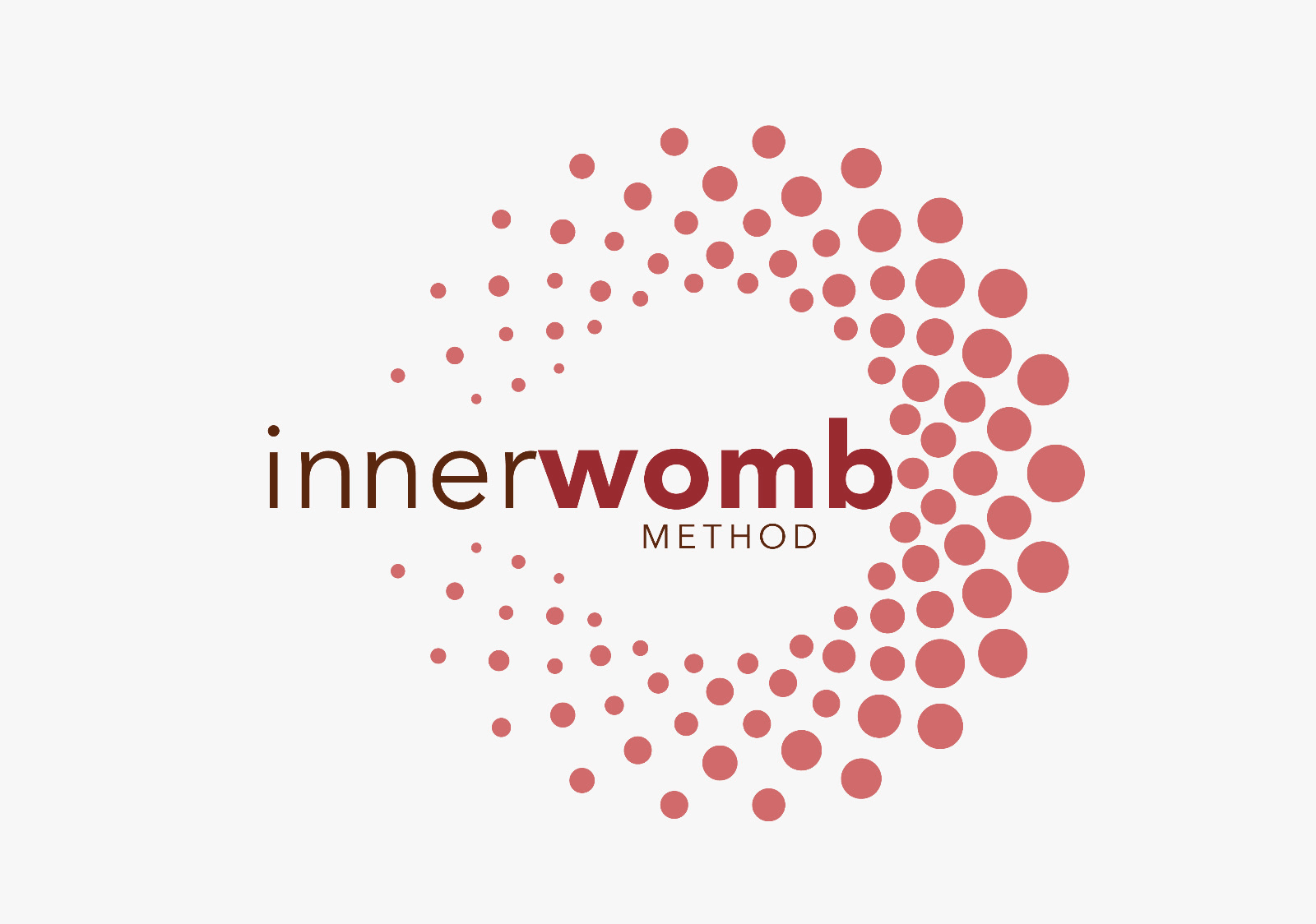Conscious Conception: Birthing a New Generation through a Welcoming Womb
Conscious Conception focuses on preparing for pregnancy with intention and mindfulness. This approach encompasses physical, emotional, and spiritual aspects, fostering a deeper connection between parents and their future child. By integrating practices like nutrition, meditation, and emotional well-being, couples aim to create an optimal environment for conception. This article explores the principles, practices, and benefits of Conscious Conception, offering insights into how it differs from traditional methods.
Understanding Conscious Conception

Comprehending Conscious Conception opens the door to a transformative journey for prospective parents. This understanding is rooted in holistic principles that prioritize the emotional, physical, and spiritual aspects of creating a new life. Many find that exploring the broader range of support available, perhaps from a dedicated womb healer, can be an integral part of this preparatory journey.
Origin and Principles of Conscious Conception
The concept of Conscious Conception has its roots in holistic practices that emphasize the interconnectedness of mind, body, and spirit. It acknowledges that the journey to parenthood is not merely a biological process but also a profound emotional and spiritual experience that deserves intentionality. This approach encourages individuals to embrace the process with clarity and purpose.
Conscious Conception Meaning and Its Importance
At its essence, Conscious Conception involves preparing for pregnancy through mindful practices that focus on nurturing health and well-being. This preparation extends beyond physical readiness, emphasizing the significance of emotional stability and spiritual openness. Understanding the importance of this approach can lead to healthier pregnancies and stronger parent-child bonds. The journey can be further enriched by understanding the specific womb healing benefits for fertility, which often align with conscious preparation.
Differences Between Traditional and Conscious Conception
While traditional conception often focuses on the biological aspects of getting pregnant, Conscious Conception delves deeper into the emotional and spiritual dimensions. Key differences include:
- Intentionality: Conscious Conception emphasizes mindful decision-making and preparation, while traditional methods may rely more on medical processes.
- Holistic Approach: A comprehensive view of health, including emotional and spiritual well-being, is central to Conscious Conception.
- Connection: Building a strong emotional bond between partners and with the future child is prioritized in Conscious Conception, creating a nurturing environment for the child.
- Awareness: Practitioners cultivate awareness of their mental and emotional states, which significantly impacts fertility and pregnancy outcomes.
Preparing for Conscious Conception
Preparation for Conscious Conception involves a multifaceted approach that prioritizes mental, emotional, and physical well-being. This holistic methodology lays the groundwork for a supportive environment where conception can thrive.
Health and Wellness: Mind, Body, and Spirit
This segment highlights the importance of a balanced approach, addressing each dimension of health that impacts the conception journey.
Nutrition and Detoxification
Nutrition plays a crucial role in preparing the body for pregnancy. A well-balanced diet rich in whole foods can enhance fertility. Key elements include:
- Incorporating fruits, vegetables, whole grains, and lean proteins into daily meals.
- Minimizing processed foods and sugars to reduce inflammation and optimize health.
- Gently and consciously detoxifying the body by significantly reducing or abstaining from alcohol, minimising caffeine intake, and avoiding environmental toxins where possible, as these substances can potentially hinder reproductive health and overall vitality. Consulting with a practitioner knowledgeable in areas such as emotional womb healing training may also offer insights into releasing emotional toxins that can affect physical well-being.uctive health.
Exercise and Yoga Practices
Regular physical activity is essential for maintaining a healthy weight and reducing stress. Practices that are especially beneficial include:
- Engaging in moderate aerobic activities like walking or swimming.
- Incorporating yoga for its dual benefits of physical fitness and emotional tranquility.
- Focusing on flexibility and balance to promote well-being.
Emotional and Mental Preparation
Mental clarity and emotional stability significantly influence the conception process. Effective methods include:
- Practicing mindfulness to manage stress and cultivate a positive mindset.
- Utilizing journaling to reflect on thoughts and feelings surrounding pregnancy and parenthood.
- Working with therapists or counselors to address any emotional barriers.
Spiritual and Emotional Preparations
The spiritual aspect of preparation fosters a deeper connection to the process of conception. Engaging in spiritual practices can establish a supportive environment for welcoming new life.
Conscious Conception Rituals
Rituals can create a sacred space for reflection and intention setting. These may involve:
- Creating a vision board that visually represents hopes and intentions about future parenthood.
- Participating in ceremonies or rituals that honor the journey toward conception.
- Setting aside time for personal meditation and prayer to invite positivity into the process.
Connecting with Nature and Spirit
A connection with nature can enhance the spiritual journey toward conception. Engaging with the Earth offers grounding and peace. Recommended practices include:
- Taking regular walks in natural settings to connect with the environment.
- Practicing outdoor meditation to cultivate awareness and inner calm.
- Utilizing natural elements in daily rituals to honor the cycles of life.
Conscious Conception Practices and Techniques
Practicing Conscious Conception involves various techniques that cultivate awareness and intentionality throughout the conception journey. These practices focus on mental, emotional, and physical well-being to create the best possible conditions for welcoming a new life.
Meditation and Visualization Techniques
Meditation and visualization are core practices in Conscious Conception. These methods facilitate a profound connection between future parents and their unborn child. Engaging in regular meditation can help alleviate stress and promote emotional balance, essential for a harmonious conception process. Visualization techniques encourage parents to imagine a healthy pregnancy and a positive birth experience, reinforcing their intentions.
Aiming for a Positive Birth Experience
Preparing for a positive birth experience is a critical component of Conscious Conception. This preparation can involve various approaches:
- Creating a detailed birth plan that reflects personal values and expectations.
- Practicing relaxation techniques that allow for a calming and supportive birthing environment.
- Educating oneself about the birthing process and options available, enhancing confidence in decision-making.
Courses and Resources on Conscious Conception
Engaging in courses and workshops specifically focused on Conscious Conception can provide invaluable insights and support. These resources often cover essential topics such as:
- Nutrition tailored for conception and fertility.
- Emotional support systems for couples during their journey.
- Mindfulness techniques that promote a conscious approach to parenthood and conception.
Such educational opportunities not only empower couples with knowledge but also connect them with a community that shares similar values and goals.
Challenges and Misconceptions
Challenges and misconceptions often surround the concept of Conscious Conception. Many individuals and couples face doubts stemming from societal norms and a lack of understanding about holistic approaches to fertility. This section explores common misunderstandings and how scientific insights can address skepticism.
Common Misunderstandings about Conscious Conception
Several misconceptions can create barriers for those considering a conscious approach to conception. These include:
- It’s Just a Trend: Some believe that Conscious Conception is merely a fad, lacking genuine value compared to traditional methods.
- It Requires Extensive Rituals: There is a notion that Conscious Conception involves elaborate or complex rituals, which can be intimidating for couples.
- Exclusivity to Alternative Communities: Many feel this approach is only for those within holistic or alternative health circles, excluding mainstream beliefs.
- It Ignores Medical Science: A common misunderstanding suggests that Conscious Conception neglects scientific and medical insights, which is not the case.
Addressing Skepticism with Scientific Insights
Addressing skepticism about Conscious Conception can be achieved through tangible scientific findings. Research has illustrated the connection between emotional well-being and physical health. For instance, studies at various fertility centers demonstrate that:
- Mental Health Impact: Emotional stability significantly influences reproductive health. Stress reduction techniques have been correlated with improved fertility outcomes.
- Mind-Body Connection: Scientific evidence supports the idea that positive mental practices, such as meditation and visualization, can enhance physical health.
- Holistic Health Benefits: Integrating a balanced diet and physical wellness not only supports the body for conception but also nurtures the emotional landscape important for parenthood.
This body of research provides a solid foundation for those who question the legitimacy of Conscious Conception. By fostering awareness through education and scientific validation, practitioners can dispel doubts and emphasize the holistic benefits of preparation for new life.
Real-Life Experiences and Testimonials
Many couples have shared their journeys with conscious conception, highlighting the profound impact it has had on their path to parenthood.
Stories from Parents Practicing Conscious Conception
Parents often recount transformative narratives that illustrate the emotional and spiritual connection forged through conscious conception practices. For instance, one couple, Jenna and Mark, describe how their commitment to mindfulness and preparation shifted their perception of parenthood. They engaged in meditation and visualization exercises, allowing them to create a deep emotional bond even before their baby was conceived. Their journey culminated in a joyous pregnancy, characterized by a sense of peace and purpose.
- Their story emphasizes how meditation helped them manage anxiety and foster a positive mindset.
- Practices like journaling supported their emotional health, enabling them to express hopes and fears while waiting for their child.
Another couple, Lisa and David, attribute their successful pregnancy to the rituals they embraced. By honoring the conception process through ceremonies and connection with nature, they felt a powerful alignment with the energies surrounding them. These rituals provided a sacred space that allowed them to communicate their intentions clearly.
Factors Contributing to Successful Conscious Conception
Positive experiences from parents reveal several key factors that contribute to successful journeys in conscious conception.
- Open communication: Couples often mention the importance of discussing their goals and feelings without reservation, fostering a supportive environment.
- Consistency in practices: Engaging in regular mindfulness techniques and health routines yielded long-term benefits that many parents found crucial during their journey.
- Building community: Many parents found shared experiences with others pursuing similar practices helped enhance their focus and commitment.
These shared insights exemplify the varied ways in which individuals and couples can cultivate meaningful experiences on their paths to parenthood through conscious conception, often leading to unexpected joys and a deeper connection with the life they are nurturing.
Integrating Conscious Conception into Daily Life
Finding ways to seamlessly incorporate conscious conception into everyday routines can enhance the journey toward parenthood. Creating a supportive environment not just for conception but for overall well-being is key.
Developing a Supportive Community and Environment
Establishing a network of support is vital for future parents who wish to practice conscious conception. This can be achieved through:
- Joining Local Groups: Participating in local parenting groups, yoga classes, or wellness workshops can provide a sense of community.
- Engaging with Online Communities: Numerous online platforms focus on holistic parenting, providing resources and emotional support.
- Sharing Experiences: Open discussions with friends and family about the journey can foster understanding and encouragement.
Maintaining an Ongoing Conscious Lifestyle Beyond Conception
This commitment extends beyond the initial stages of conception. Embracing conscious practices can offer lasting benefits for both parents and child.
- Mindfulness Practices: Regular mindfulness activities, such as meditation or breathing exercises, help maintain emotional balance.
- Nourishing Relationships: Fostering open and honest communication with a partner strengthens the emotional connection during this transformative phase.
- Exploring Continued Learning: Seeking out educational resources related to parenting and child development encourages growth and adaptation through the parenting journey.
By embedding these practices into daily life, individuals can create a nurturing and intentional atmosphere conducive to a healthy conception journey and nurturing environment for future children.
Conscious conception
